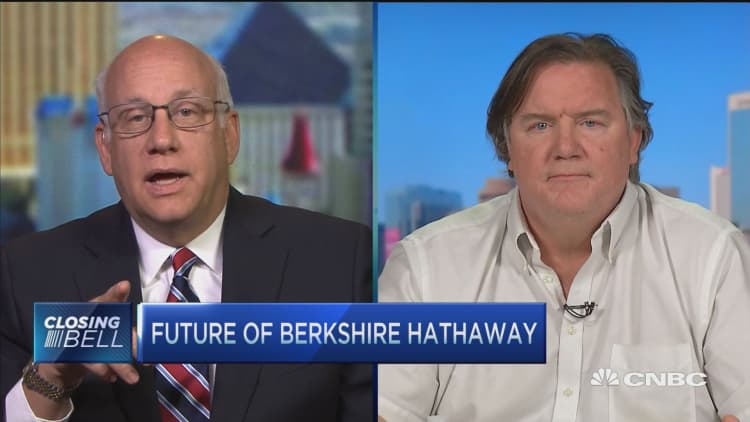A tiny group of start-ups is out to take on a $1 trillion industry.
While financial technology investments have gained attention, and perhaps some notoriety, in the last 12 months, insurance applications are starting to get interest from corporate behemoths and venture capitalists alike.
The insurance technology, or insurtech, industry is still in its infancy. But a number of companies that recently raised millions from top venture investors and partnered with global incumbents are offering products and services including policy comparison services and peer-to-peer insurance.
Investments in insurtech hit a new peak in the first quarter of 2016, with 47 companies getting funding, said Anand Sanwal, CEO of venture capital database CB Insights, which this week in New York hosted a panel on insurtech companies.
"The corporates have gotten really active" doing deals in the space, he said at the event.
Often, they're partnering with start-ups that aim to reduce the time both people and corporate clients spend locating an insurer. Embroker CEO Matt Miller, who also spoke at the conference, raised $14 million from venture investors including Canaan Partners to develop a commercial insurance start-up doing just this. He got the idea, and experience, for the start-up spending years working in private equity and with insurance companies.
"We want to be an independent arbiter," Miller said.
Another budding concept on the insurtech horizon is peer-to-peer insurance. It represents a game theory twist on insurance: that a community of people with a mutual invested outcome in the policies they buy aim to eliminate fraud and boost their return.
It might sound like new math, but Warren Buffett is buying in: his Berkshire Hathaway is one of the reinsurance partners in peer-to-peer start-up Lemonade. The company raised $13 million from venture investors Sequoia Capital and Aleph, with plans to unveil a business model after it gains regulatory approval. A representative for Buffett, who is not an equity investor in the company, didn't comment.

"We are a full-stack insurance company," Lemonade CEO Daniel Schreiber said. "We're reinventing the very plumbing of insurance."
And, Schreiber said, that's because the current incentives for both the end user and the policy originator are badly misaligned. He said the industry has suffered from a crisis of consumer confidence, in part because the business model of so many companies is predicated on ways to avoid paying out a claim, instead of satisfying customers.
Not that all customers are innocent; the insurance industry is preyed upon by fraudsters who are sometimes the same people who complain about the sector's trustworthiness.
"If you were to set out to create a system with the intent, with the design, to bring out the worst in human beings, it would look a lot like insurance," he said.
Lemonade has 20 employees, Schreiber said, and he's not looking to add staff. Compared to the traditional insurance business, which did more than $1 trillion in business in 2014 and depends on thousands of agents who interact with consumers, there's cause for industry incumbents to worry.
Still, for now, the industry finds itself obfuscated in the shadow of big fintech companies, and even painful marketing coincidences. For example, a Twitter history search of "Lemonade" and "insurance" yields mostly posts from Beyonce fans celebrating her hit album, with the same title as Schreiber's start-up.
"It wasn't a help," he admitted. "It messes up the SEO," or search engine optimization.
But soon, insurtech will be much more difficult to ignore.


